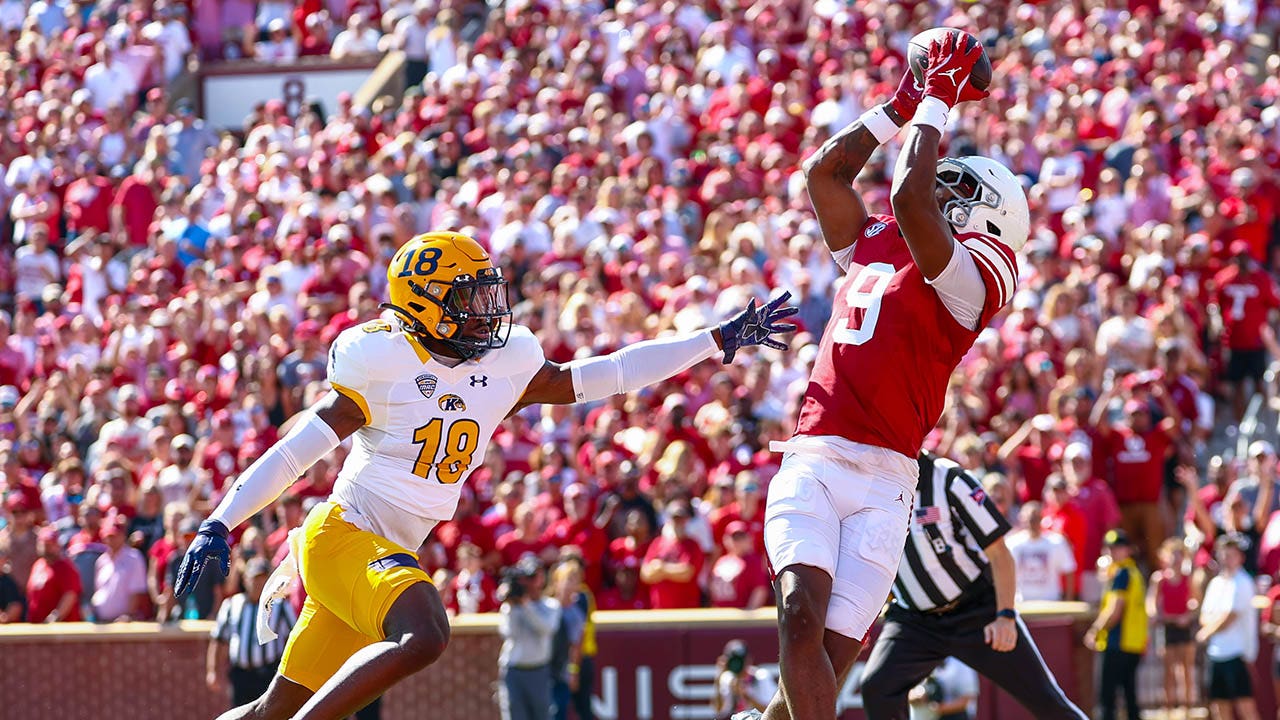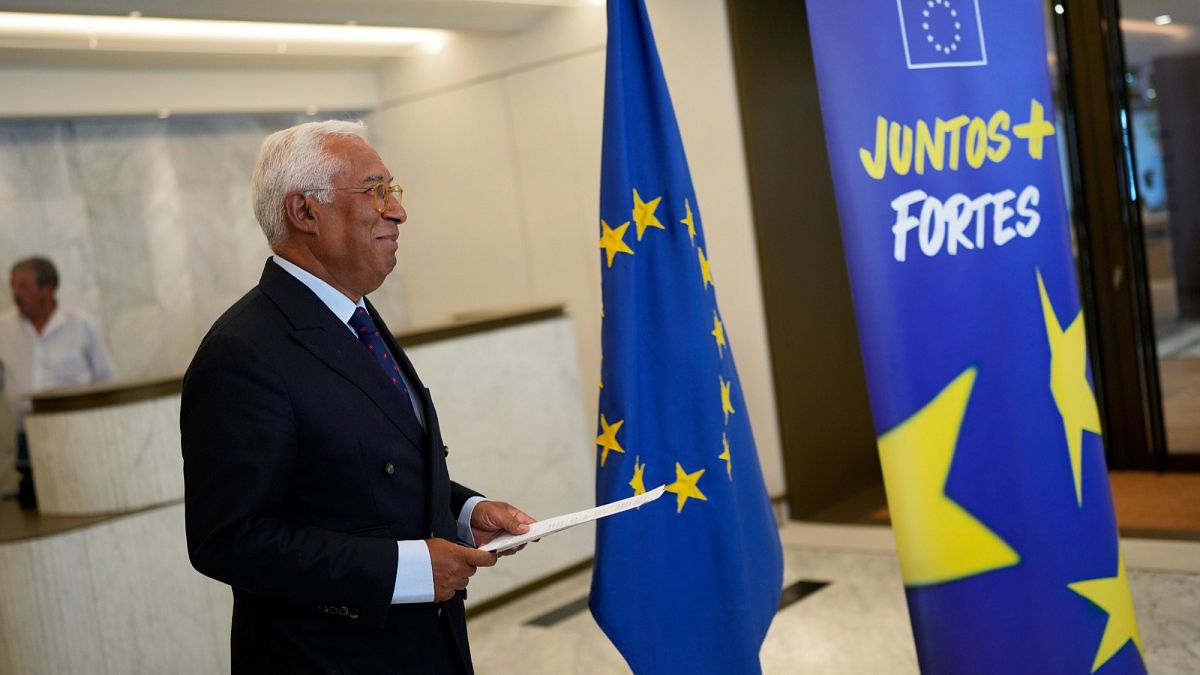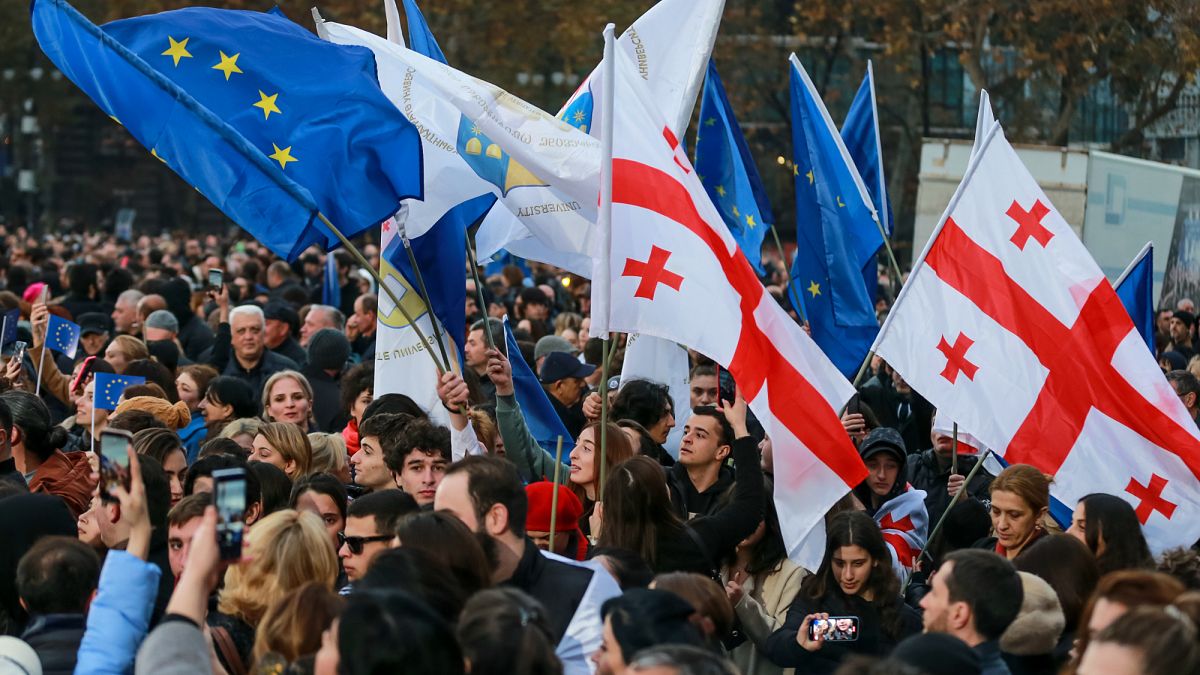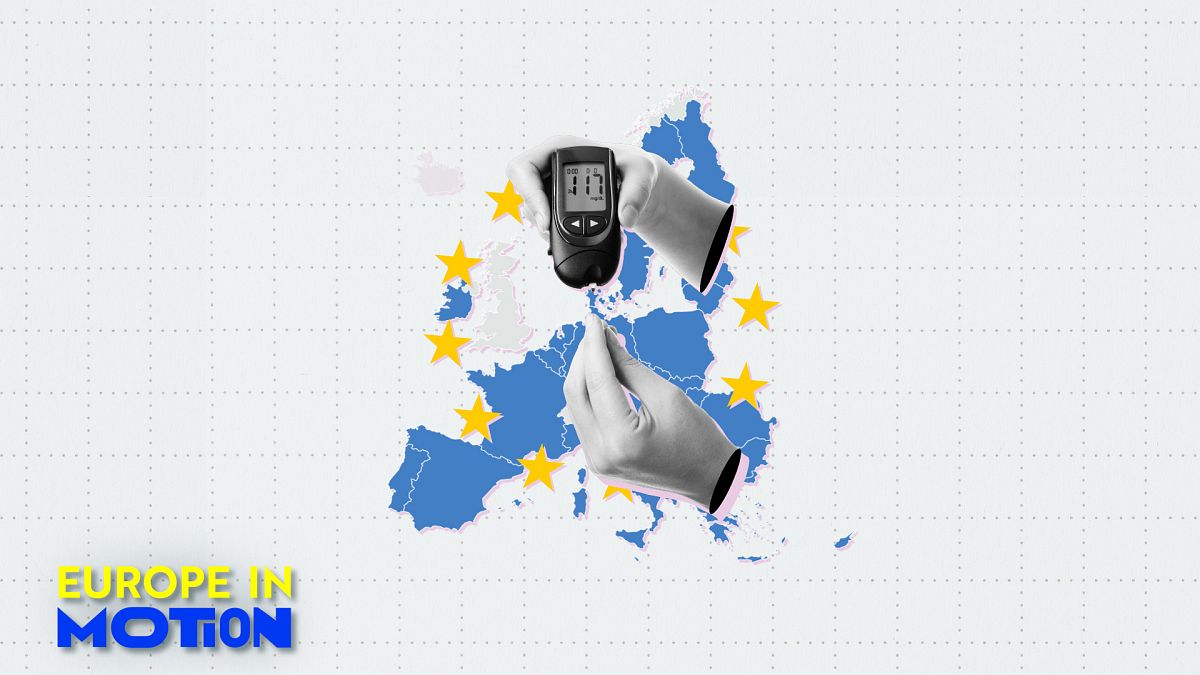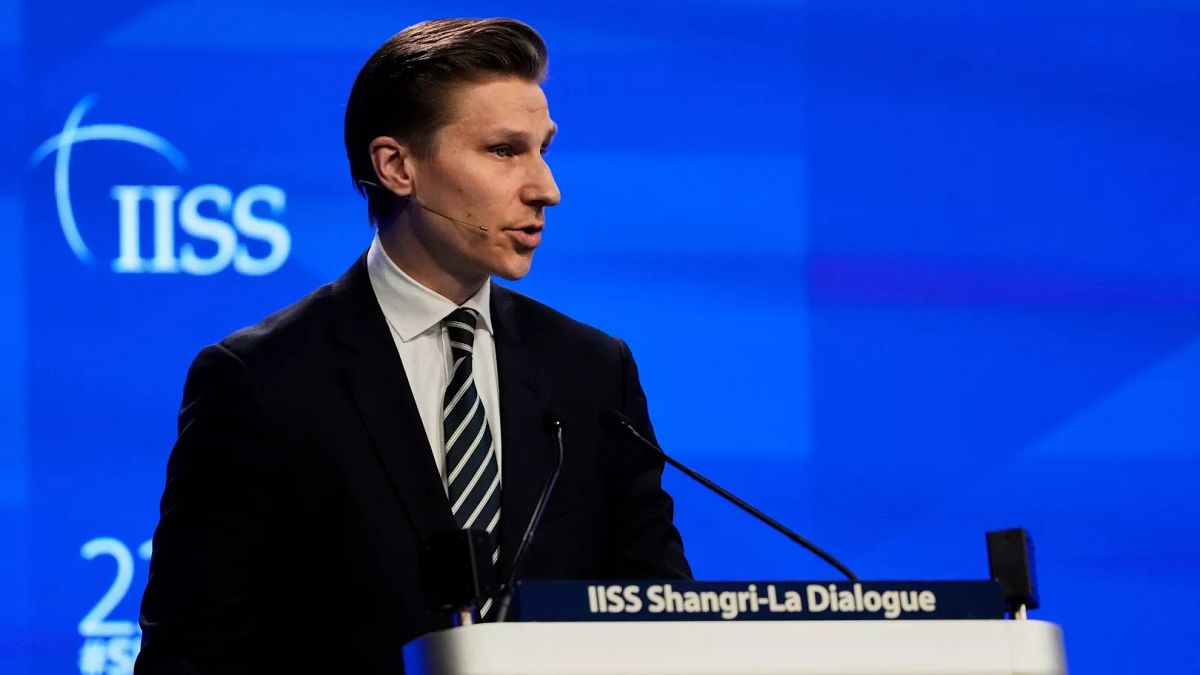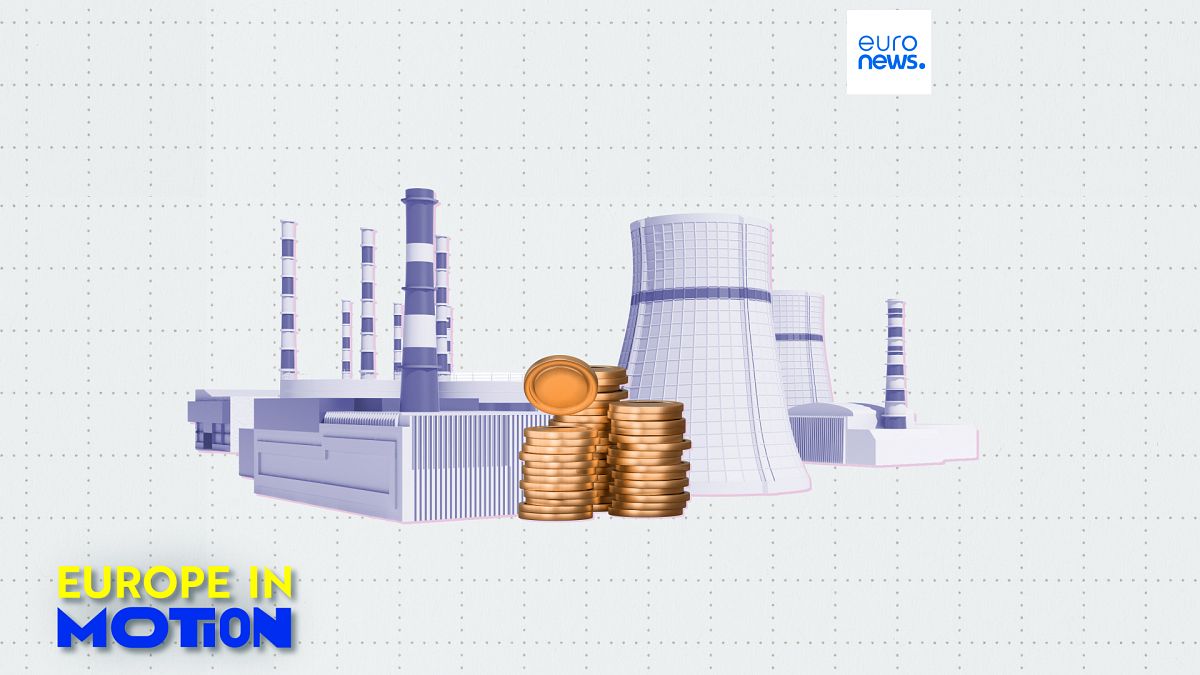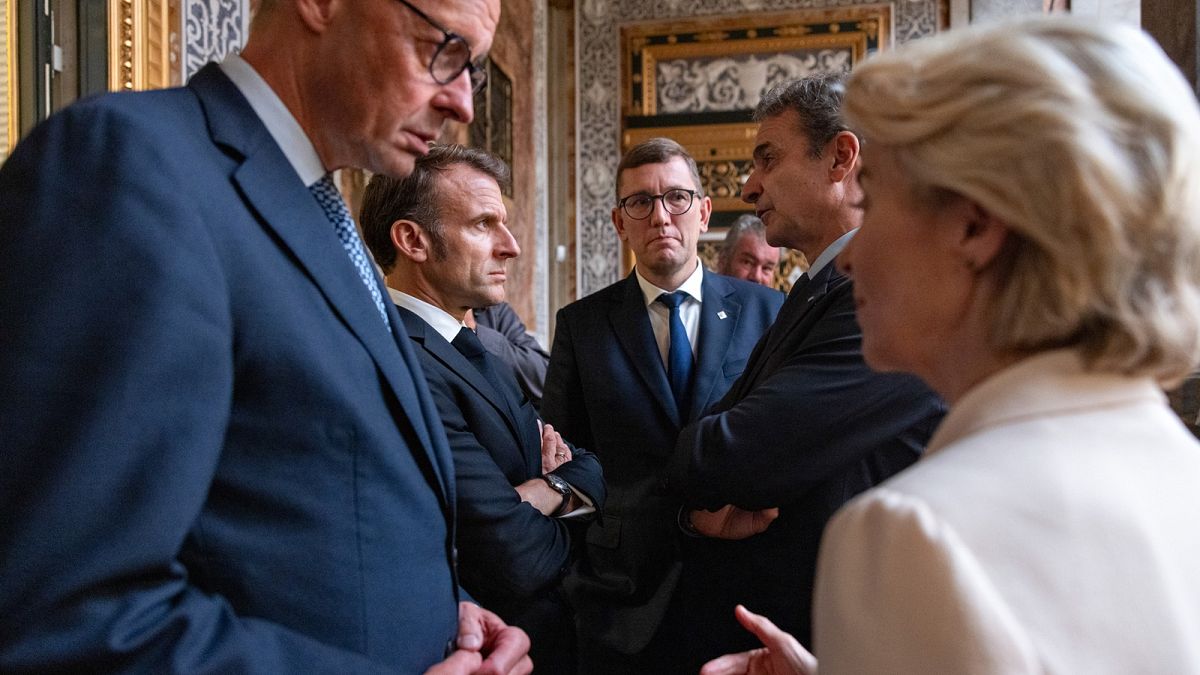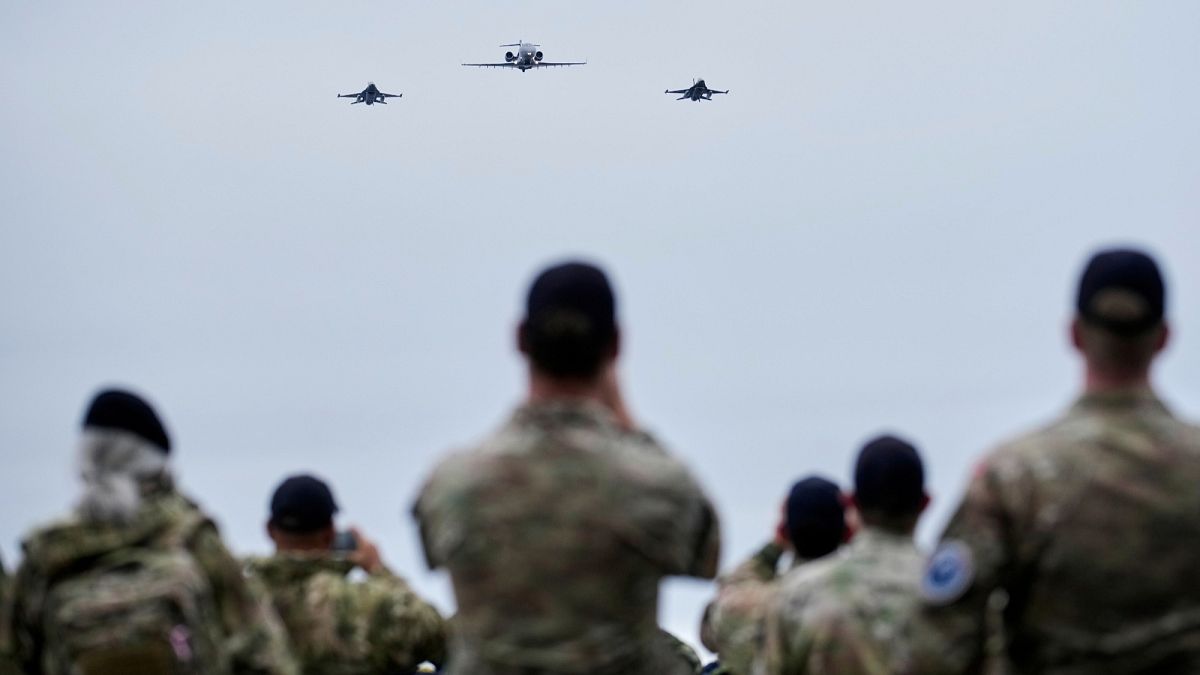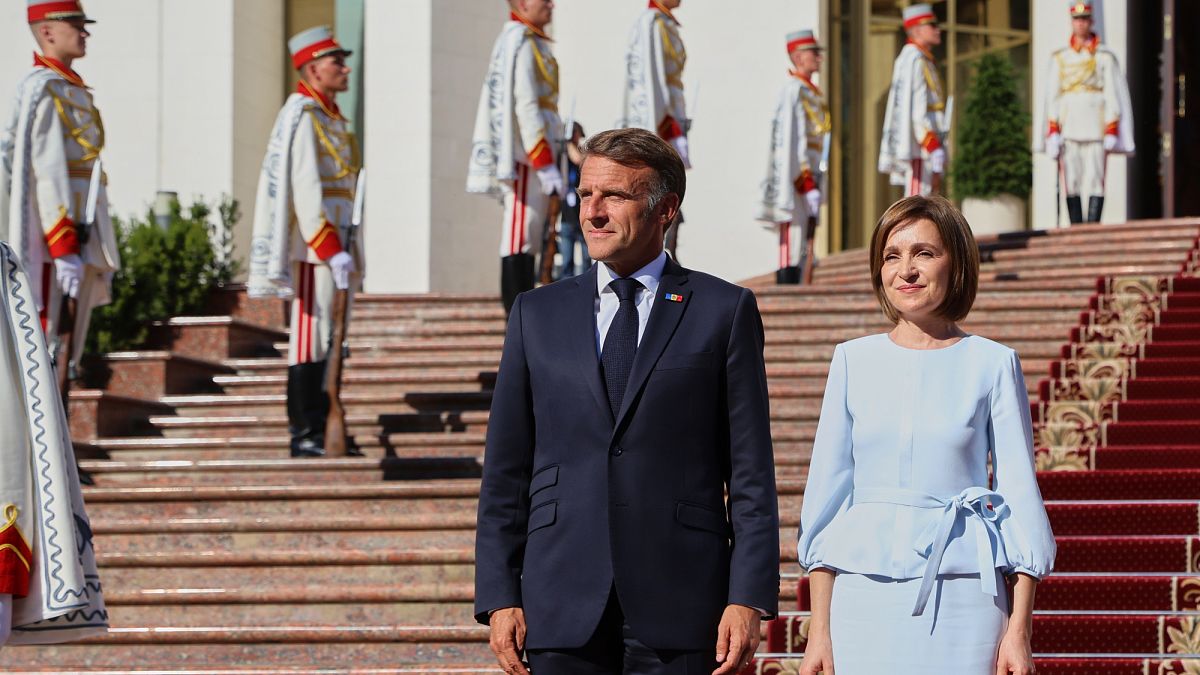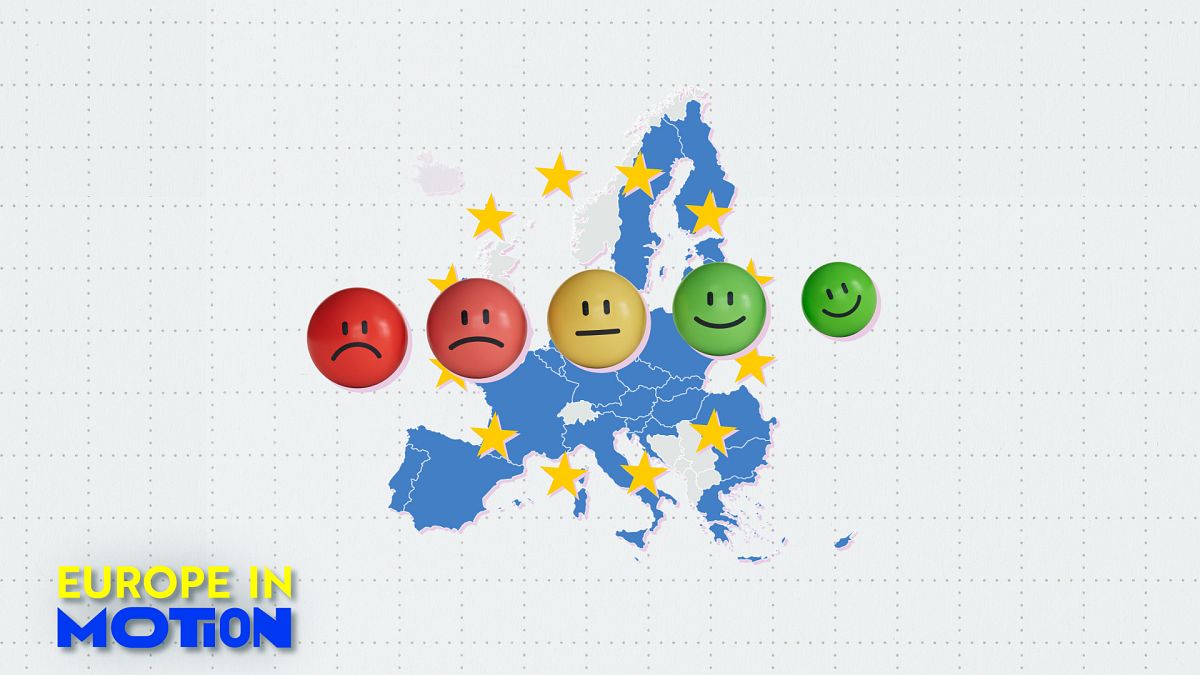Published on
ADVERTISEMENT
The European Union and allies must match the intense diplomatic activity to end Russia’s war in Ukraine with increased “practical work” to provide Kyiv with security pledges including a NATO’s Article 5-like guarantee, António Costa said on Tuesday.
“After three and a half years of war, diplomatic activity is accelerating and there is growing momentum around providing Ukraine with security guarantees including the agreement of the US President Trump to participate in this effort,” the European Council chief told reporters following back-to-back virtual meetings of the so-called “Coalition of the Willing” and EU leaders.
“Now is the time to accelerate our practical work to put in place a guarantee similar to NATO’s Article 5 with continued United States’ engagement,” he added.
The two virtual meetings were convened following a gathering in Washington on Monday between US President Donald Trump and the leaders of Ukraine, Finland, France, Germany, Italy, the UK, the European Commission and the NATO secretary general.
The meetings followed a summit last Friday between Trump and Vladimir Putin in which the Russian leader is said to have agreed that the US and European countries could provide Ukraine with guarantees similar to NATO’s collective defence clause, according to US officials.
Allies must now work out what this would look like in practice but for Europeans, who have been ganging up on Trump over the past week in a clear show of unity, the real breakthrough has been the commitment by the US president that Washington would participate in security guarantees for Ukraine.
According to a readout of the meeting of the Coalition of the Willing shared by the UK prime minister’s office — Britain co-chairs the group alongside France — “planning teams would meet with their US counterparts in the coming days to further strengthen plans to deliver robust security guarantees”.
They will also continue their work, started in March, to “prepare for the deployment of a reassurance force if the hostilities ended”, Downing Street added.
This reassurance force would involve allies sending boots on the ground in non-contact areas. Several countries, including the UK, France and Estonia have already indicated their willingness to do so.
Other strands of work include strengthening the Ukrainian armed forces to ensure they remain a strong deterrent in the years to come. Ukraine’s President Volodymyr Zelenskyy reiterated this on Monday in Washington, asking for more military equipment, training and intelligence data.
The country, as well as EU institutions, also sees membership in the 27-member bloc as a security guarantee. Costa and Micheál Martin, the premier of militarily neutral Ireland, called for the EU to move forward with the enlargement process on Tuesday.
But Ukraine’s accession bid is being stalled by Hungary, whose Prime Minister Viktor Orban had a different read of Tuesday’s meeting, writing on X that “it has confirmed that Ukraine’s membership in the European Union provides no security guarantees”.
“Therefore, linking membership with security guarantees is unnecessary and dangerous,” he added.
The European Commission, meanwhile, said on Tuesday that it welcomes that Putin has “changed his mind” about holding a bilateral meeting with Zelenskyy but that it will nonetheless submit its proposal for a 19th package of sanctions on Russia in “early September”.
“We need to continue to maintain absolute pressure on Russia,” the Commission’s deputy chief spokesperson Arianna Podestà said. “If Russia does not want to have more sanctions imposed on the country, it simply has to stop its war of aggression.”
Trump said on Monday that it should take “a week or two” to know “whether or not we’re going to solve this”.


